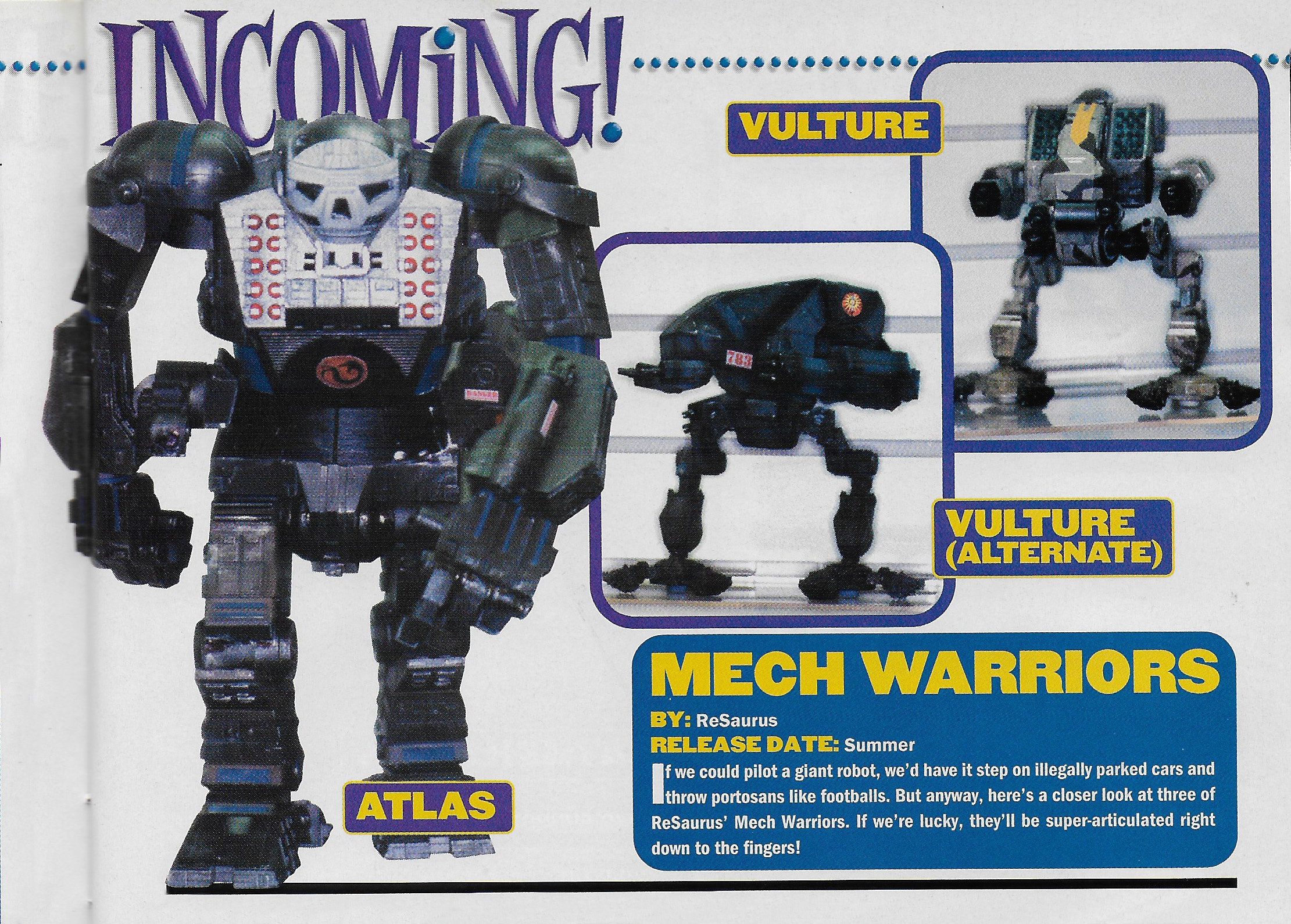- Joined
- Apr 24, 2017
- Messages
- 36,711
- Reaction score
- 109,344
It played differently than any other like it that I played before or sat in on. It wasn't squad level so much as you and your squad vs a Game Master.
Wait...what?
I think you witnessed someone playing it...uniquelly. BatteTech, as far as the rulebooks, is pretty clearly laid out as a two person battle between lances and auxiliary units.
Here's a pdf of first edition:
It even goes so far as to describe itself as a "boardgame".







 ) that yes - I would really struggle to point at any narrative style rules in early editions of D&D and games very strongly based of them. Nothing is absolute.
) that yes - I would really struggle to point at any narrative style rules in early editions of D&D and games very strongly based of them. Nothing is absolute.
 ?
?